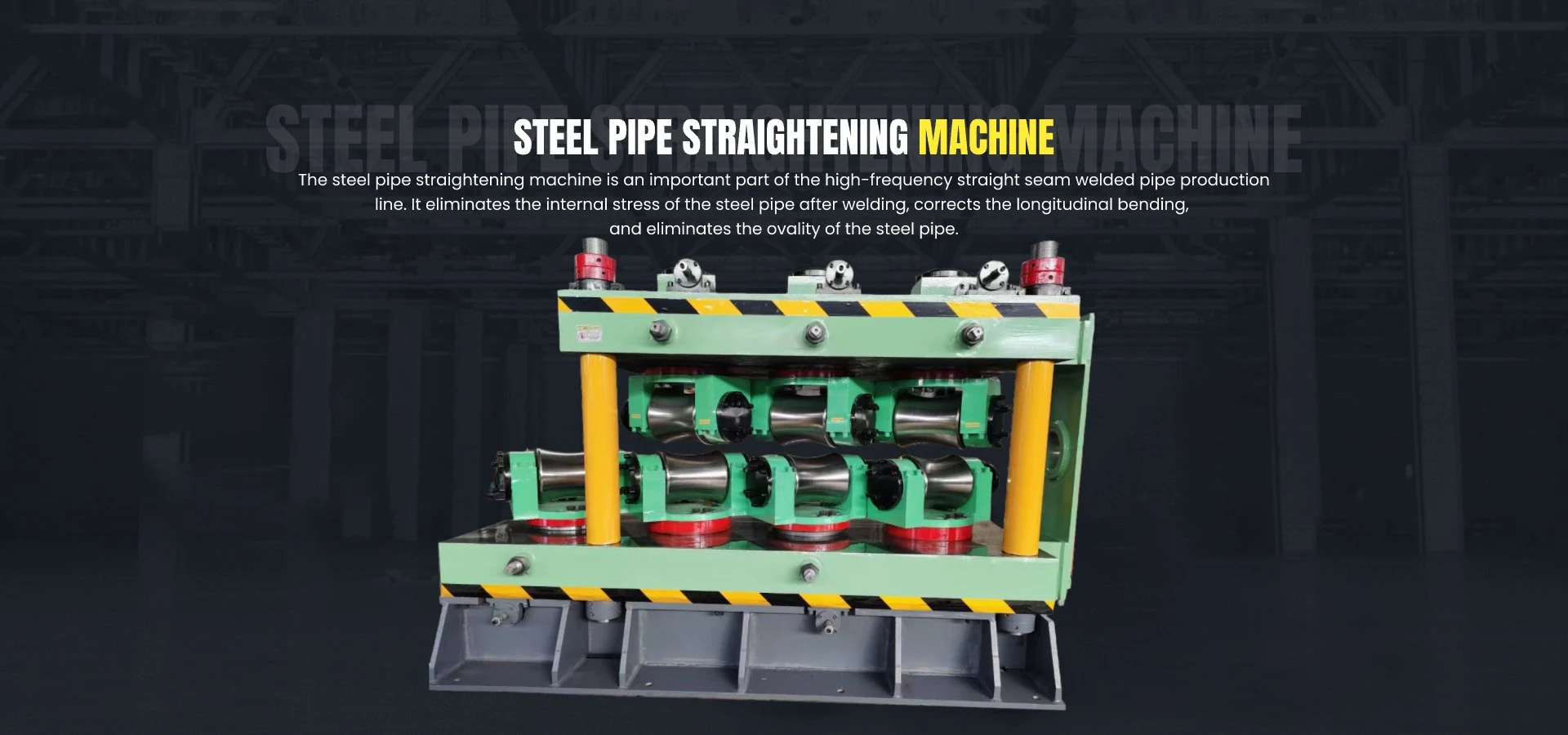roll forming machine price
Understanding the Prices of Roll Forming Machines
Roll forming machines are essential tools in the manufacturing industry, specifically designed for the continuous bending of sheet metal into desired shapes. These machines play a crucial role in producing various metal components used in construction, automotive, and appliance manufacturing. However, one of the pivotal considerations when investing in a roll forming machine is its price, which can vary widely based on several factors.
Factors Influencing the Price of Roll Forming Machines
1. Type and Complexity of the Machine The price of a roll forming machine largely depends on its type and the complexity of its design. Basic machines are typically less expensive, while specialized or customizable machines that perform multiple tasks or handle more complex shapes tend to be more costly. High-tech features such as automated controls, real-time monitoring, and integration with other manufacturing systems can also elevate the price.
2. Material and Build Quality The materials used in constructing the roll forming machine significantly affect its cost. Machines made from high-quality steel and with durable components are likely to be more expensive. Investment in better materials ensures longevity, reduced maintenance costs, and enhanced performance in the long run.
3. Production Capacity and Speed Machines with higher production capacities and speeds generally come at a premium. Companies looking to produce large volumes of products quickly must invest in higher-end machinery that can maintain efficiency without compromising quality. These machines are often designed to handle thick materials and operate at faster cycles, which contributes to a higher price point.
4. Customization and Features Additional features and customizations desired by the buyer can also influence pricing. Features such as advanced control systems, safety mechanisms, and enhancements for quick tool changes can make a machine more expensive. Businesses should evaluate their needs carefully to avoid overspending on features that may not be necessary.
roll forming machine price

5. Brand Reputation and Service Well-known manufacturers often charge more for their roll forming machines due to their established reputation for quality and customer service. Frequent after-sales support, warranties, and availability of spare parts can justify the higher investment. Choosing a reputable brand may provide peace of mind and assure buyers of a trustworthy product.
6. Market Trends Finally, market demand and trends can affect roll forming machine prices. In times of high demand for metal components in sectors like construction and renewable energy, prices can spike due to increased competition. Conversely, during economic downturns or reduced demand, prices may drop. Staying informed about market conditions can help businesses strike the right deal.
Average Pricing
As a general guideline, the price of roll forming machines can range from a few thousand dollars for entry-level machines to hundreds of thousands for high-end, fully automated systems. On average, small to mid-sized roll forming machines may cost between $20,000 to $100,000, while customized and higher-capacity models can easily exceed $200,000 or more.
Conclusion
When considering the purchase of a roll forming machine, it's crucial for businesses to assess their specific manufacturing needs and budget constraints. While it may be tempting to choose the least expensive option, investing in a quality machine that meets production requirements can lead to greater efficiency and long-term savings. By carefully evaluating factors like type, material, features, and brand reputation, companies can make informed decisions that align with their operational goals. Ultimately, understanding the dynamics of roll forming machine prices aids manufacturers in maximizing their investments in this indispensable equipment.
-
Precision Metal Roll Forming Companies Custom & Durable SolutionsNewsMay.29,2025
-
IBR Sheet Making Machine High Efficiency & Competitive PricingNewsMay.29,2025
-
Affordable Gypsum Channel Roll Forming Machine Prices & SolutionsNewsMay.29,2025
-
Affordable Straightening Machine Cost Competitive 2023 PricingNewsMay.29,2025
-
High-Speed Steel Straightening Machines for Wire & Tube Processing OEM SolutionsNewsMay.29,2025
-
Precision Moulding Operation Solutions & Custom Machinery ExpertsNewsMay.28,2025


